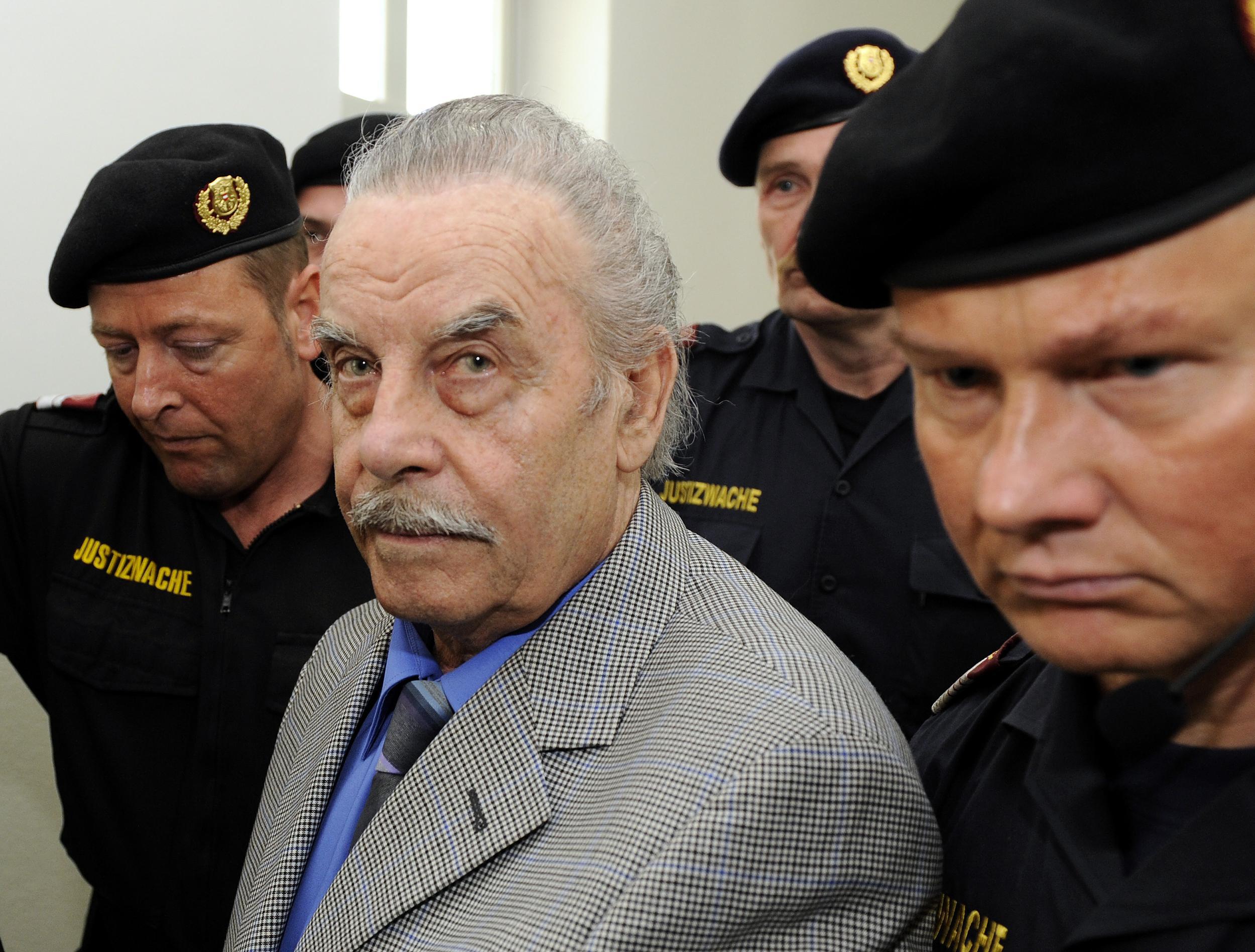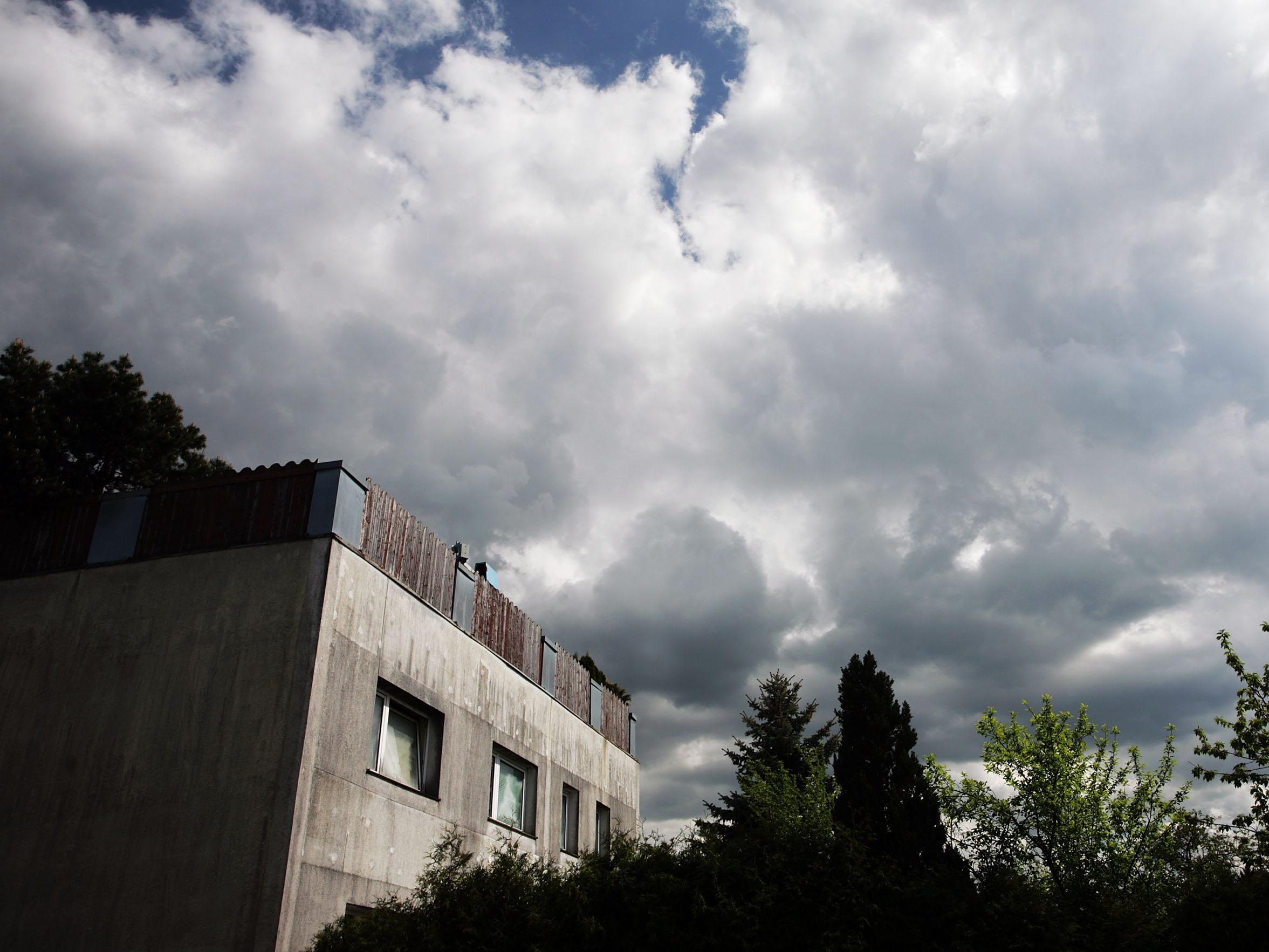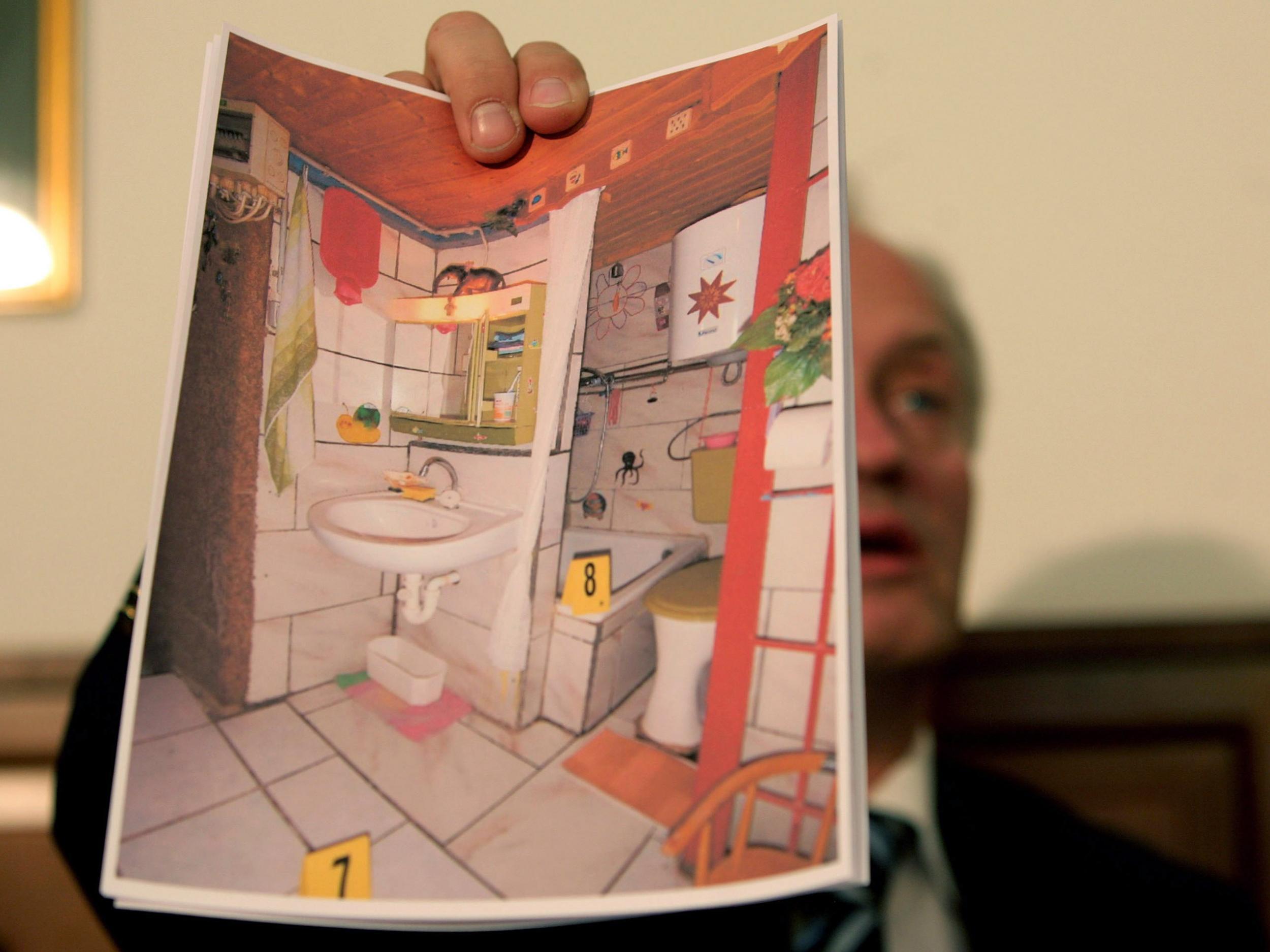Josef Fritzl’s house sold to strip club boss
Bar owner intends to accommodate 'trainees' in property where Austrian man imprisoned and repeatedly raped his own daughter

The house where Josef Fritzl kept his daughter captive for 24 years and fathered seven children with her has been sold to the owner of a strip club.
Walter Anzboeck, the liquidator of Fritzl's estate, said the house in Amstetten, 70 miles west of the Austrian capital Vienna, was sold for 160,000 Euros (about £135,000).
Local strip club owner Herbert Hauska told state broadcasters his wife Ingrid and a business partner had bought the building to turn it into apartment units.
He said on Monday that it is time “to bring down the curtain” on the house's past.
"It can't stay empty for ever. We need to bring life into it. In two years it will be a house like any other," said Mr Hauska, who runs Amstetten nightclub Bar Josefine, where women performers undress on stage and offer punters lap dances.
Mr Hauska, who also runs a local pub, said he intends to use the property to house people who work for him.
"We have lots of trainees, some from (nearby towns) Persenbeug and Ybbs, and so we need employee flats," he told Austrian newspaper Niederoesterreiche Nachrichten.

Fritzl imprisoned and repeatedly raped his daughter Elisabeth from 1984 until his crime was revealed in 2008.
He was sentenced in 2009 to life imprisonment for incest, rape, coercion, false imprisonment, enslavement and for the negligent homicide of one of his infant sons, who died shortly after he was born when he suffered breathing difficulties and was denied medical attention.
Three of Elisabeth's children, aged 19, 18, and 5 at the time of their release, were imprisoned with her and grew up never seeing daylight. Fritzl seemingly arbitrarily chose the other three children to take upstairs as infants to be raised by him and his wife, Rosemarie, who knew nothing of her daughter's imprisonment and believed the babies had been left on the doorstep.

The Fritzl's vast house was reportedly built in around 1890, but in 1978, Fritzl applied for planning permission to build an "extension with basement".
In 1983, building inspectors visited the site and verified that the new extension had been built according to the dimensions specified on the building permit. Unbeknownst to them, Fritzl had actually illegally enlarged the room, excavating space for a much bigger basement, concealed by walls.
In around 1981 or 1982, according to a statement he gave the police, Fritzl started to turn this hidden cellar into a dungeon and installed a washbasin, toilet, bed, hotplate and refrigerator. In 1983, he added more space by creating a passageway to a pre-existing basement area under the old part of the property, which only he knew existed.
Above ground, he built a swimming pool in the garden as a cover for the amount of earth he was shifting.
The completed prison cell had two access points: a hinged door that weighed 500 kilograms and eventually became unusable due to its weight, and a metal door, reinforced with concrete, that was located behind a shelf in Fritzl's basement workshop, and protected by an electronic code entered using a remote control unit.
In order to reach this door, five locking basement rooms had to be crossed. To get to the area where Ms Fritzl and her children were held, eight doors in total needed to be unlocked.
The cellar is no longer usable, having been filled with cement in 2013.
Ms Fritzl was finally rescued when her oldest imprisoned child, Kerstin, suffered kidney failure and Fritzl agreed to take her to hospital. Authorities became suspicious because of the girl's poor health and Fritzl's implausible explanation of her identity and the whereabouts of her mother, leading them to eventually discover the true situation.
Ms Fritzl, 50, reportedly now lives under an assumed identity in a small village near to Amstetten, identified only as "Village X". No photographs of her as an adult have ever been published and locals, police and CCTV endeavour to keep the media away.
In 2010 she was reported to be dating a security guard assigned to the family to ensure their safety and adjusting remarkably well to normal life.
Join our commenting forum
Join thought-provoking conversations, follow other Independent readers and see their replies
Comments